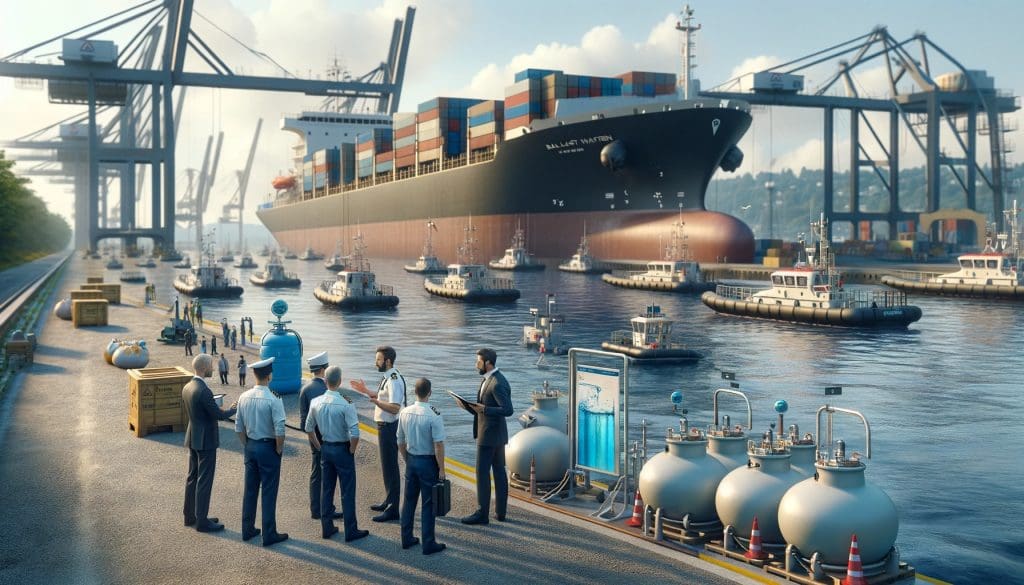Navigating Ballast Water Regulations: A Comprehensive Guide
Ballast water regulations play a crucial role in the maritime industry, ensuring the protection of aquatic ecosystems and preventing the spread of invasive species. It’s imperative for shipowners, operators, and maritime professionals to understand and comply with these regulations. In this comprehensive guide, we will delve into the world of ballast water regulations, explaining their […]
Read More
